579
Read between the lines: As a comment to the book changes its content

© John Morgan Studio/Glitche
It is widely believed that the comment to the literary work is really of interest only the scholar, who used to enjoy reading and dissecting books like Emile Zola, like a surgeon, dissect the human person. In fact, the same thoughtful, thorough review able to open the book with a new angle and to the reader are not competing for academic laurels. Moreover, to read it better not after the fact, and in line with the body, otherwise there is a risk to miss important details. "Ulysses" James Dayscommunity S. Horosego
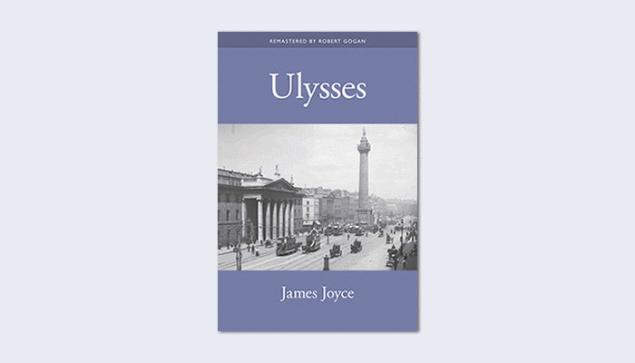
Translator Viktor Golyshev, who presented the Russian audience, Truman Capote, Ken Kesey, and Thornton Wilder, in his speech for the project "Open lecture" said that the first publishing the review of the Russian translation of "Ulysses" was a "80 pages of hate". In the USSR the novel by Joyce entirely was released in 1989 in the journal "Foreign literature", and four years later, in the new state, was published as a separate publication with an extensive review of Sergei Horoshego. In fact, to translate "Ulysses" in Russian Viktor started Hinkis, but to complete the work he never did, and after his death the task of explaining almost every phrase in the novel got jorogumo. Trying to conquer "Ulysses", without referring continually to the comment, not something that would be completely useless: in the book there is a special, intuitive music language, and you can enjoy it without deep immersion in the intellectual game Joyce. However,] not only interprets numerous allusions to real historical figures and other literary works, but also indicates the reference point of the composition of the team and highlights the main themes of each episode. Without their understanding gassowski stream of consciousness, alas, sometimes seems like a hollow heap of words.
"Moscow — Petushki" Benedict Europeancommunity E. Vlasova
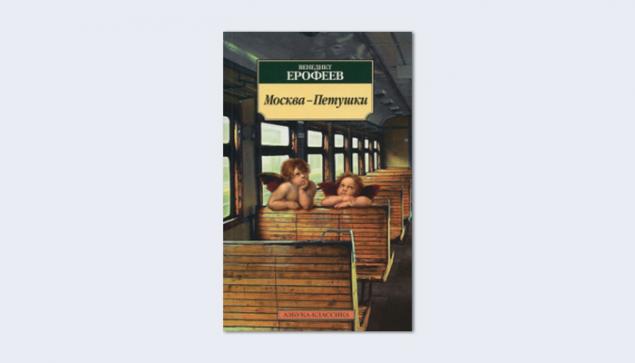
Behind much of "Ulysses" in the volume, Venedikt Erofeev's poem "Moscow — Petushki" is comparable to the novel of Joyce from the point of structure, themes and poetics: the autobiographical hero, the motif of the journey, the way is close, but unattainable beloved, and so on. However, if the concept, which operates Joyce, sometimes cause confusion even among the native Irish, at first everything seems to be very clear: the Kremlin, Cologne, hairy legs bitter. It would seem, well what is there to comment? In fact, a large part of the first poem is a parody of other texts, beginning with Radishchev "Journey from St. Petersburg to Moscow" and ending with a news notes Soviet era. Although a detailed review of Eduard Vlasov to "Bettas" was in the nines criticized the ideologist of the art group "War" Alex Plutser-Sarno for the overly straightforward interpretation and the desire to find literary Parallels where actually no, he deserves attention because it explains the importance of "Titanic" in the history of the development of Russian literature — as a Grand monument prozaicheskoe conceptualism.
"Eugene Onegin" By Alexander Puccinellietalia Vladimir Nabokov
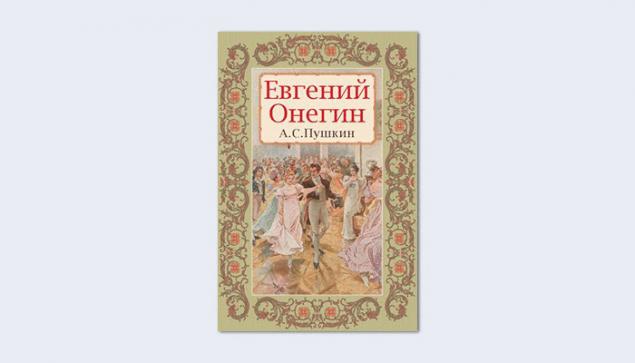
For the first time, "Eugene Onegin" into English translated the Briton Henry Spalding in 1881. Since then, the English-speaking reader saw more than a dozen translations of Pushkin's novel in verse, and fragments. The best known today is the translation by Vladimir Nabokov and published in 1964 in new York. Unlike most of its predecessors, Nabokov sought to ensure that the English version of "Onegin" was folding okay, and to transfer the exact contextual meaning of the original. In order for the audience to understand what cultural, historical and social conditions of lived the characters of Pushkin, Nabokov has provided his translation with a lengthy review, which worked for 15 years, and called it "armchair feat". Not deviating from the image of a meticulous, but an ironic criticism, Nabokov talks about what hairstyles were fashionable to wear in nineteenth-century Russia girls in Russia wondered at her spouse and why Pushkin was so thrilled talking about women's legs. In short, the work of Nabokov and of itself worthy of the title "encyclopedia of Russian life", which was awarded "Onegin" Belinsky.
"My diamond crown" Valentine Katuwachauwari O. Lekmanov, M. Rabinoi, L. Widgie
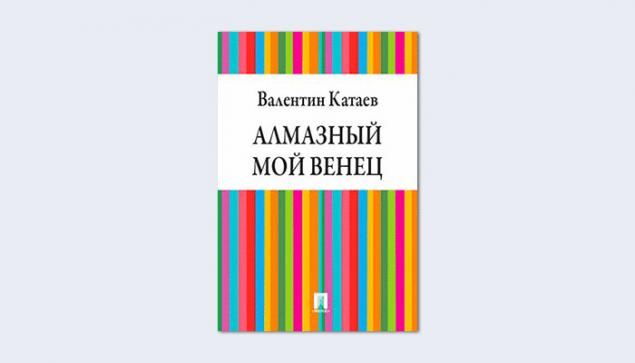
Although the Valentin Kataev has repeatedly said that he does not consider "my Diamond crown" memoirs, claimed the book is "free flight of fancy, based on true incidents", for later generations the novel has become a fount of knowledge about the writers-contemporaries Kataev. Olesha, Babel, Bulgakov, Pasternak, Esenin, Mandelstam — who just put in "CA" under the deliberately naive, almost childish nicknames like "Key", "V" and "Konarmiya". Of course, in order to see the Commander Mayakovsky, a great mind is not necessary, but with a less well-known characters, the situation is much more complicated. Therefore, the review Oleg Lekmanov, Maria Racinos and Leonid Vidgof is not only a literary and cultural study, but, on the one hand, a kind of key to the novel, and with another — attempt to separate it from the art of the documentary component: after all, "my Diamond crown" — fictionalized memories, and sometimes Kataev sinned against the truth. For example, according to the researchers, he was exaggerating the degree of intimacy of their relationship with Yesenin and gave them "nodding acquaintance" for "bosom friendship".
"Golem" Gustav Myincesthentai V. Kryukov
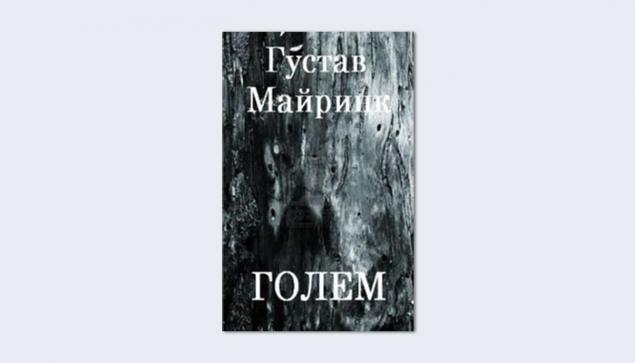
The mystical essence of Prague, which today serves as a great lure for hundreds of thousands of tourists, most complete reflection found in the novel of the Austrian writer-expressionist Gustav Meyrink "Golem" based on a Jewish legend of clay giant. According to legend, it was created by Rabbi Judah Ben Bezalel whether for the household, or to protect the Prague Jewish ghetto from pogroms. In the novel Meyrink the Golem becomes the embodiment of chthonic horror, fear of man before the unknown. A short but detailed review of the translator Vladimir Kryukov valuable not only because it is the key to Kabbalistic symbolism of the novel. From Prague Meyrink is depicted as a maze of dark, mysterious streets, where the devil himself a leg break. Hooks reverts to the geography of movements of Athanasius Feathered around the city, giving the reader the opportunity to follow in the footsteps of the hero and try to find the same house where in the room with no doors hiding the Golem — restless soul of the ghetto.
"The Odyssey" and "Iliad" Genericamente E. of Thessalonica
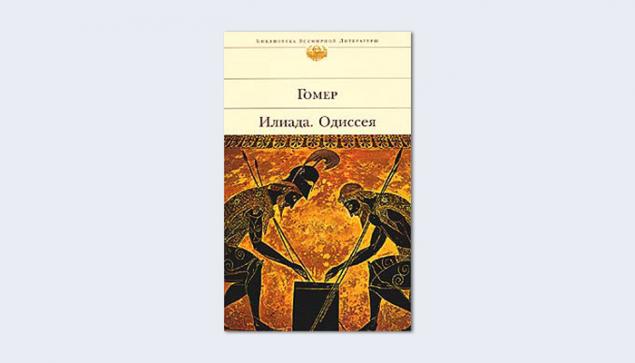
The review, which volume exceeds the volume of the work, not uncommon to take at least referred to the work of Nabokov. The Byzantine Church leader, historian and writer Eustathios of Thessalonica, who lived in the twelfth century of our era, went much further: his comment to "the Odyssey" and "Iliade" by Homer in a modern edition takes up seven volumes. The Homeric texts Eustace considers the philological, and historiographical akspekt: it analyzes the lexical structure of the poems talks about borders of truth and fiction in them and trying to find evidence that some of the events of "the Odyssey" could take place in reality, because the memory of them allegedly keeps the Mediterranean. In addition, Thessalonica criticized his fellow scientists for what they pay attention primarily on the "Iliad" and "Odyssey" are neglected because of the abundance in her fairytale motifs. Despite the fact that today the scientific world has not given the apparent preferences of any of the mainstays of the creative legacy of Homer, in the eyes of the mass audience "the Odyssey" is really still more of a book for children and teenagers, and the "Iliad" — a Handbook for intellectuals.
"Adventures of the good soldier Schweik," Jaroslav Gosecocontrol S. Solokha
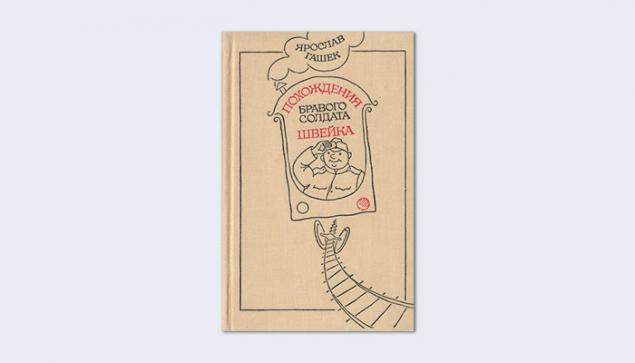
Perhaps only in a country like the Czech Republic, where dotted with ancient temples and cities are entirely atheists, a national literary classics could be full of toilet jokes, the book about the drinker using his idiotic honesty, not a stone was left from militarism. However, it is still a big question, who suffers from idiocy, — Svejk himself or the people around. Contemporaries Hasek believed that the popularity of "Schweik" is short-lived, saying that the novel is woven from parts that had nothing to say to those who have not lived in Austria-Hungary 1910-ies. Well, for example, where the new generation know that the Prague pub "U Kalicha" did serve one Palivec? However, thanks to the endless charm of the main character and great skill Hasek-satirist, "Schweik" is still vigorously sweeping the planet. To fill the gaps in knowledge of European history and life of the early XX century review of Sergei Aloha to the Russian translation of "Svejk", where there is information about the real locations mentioned in the book, and the analysis of the features of the language of the characters and the panorama of the First world war, is doubly relevant because in our days this event appears to have finally begun to emerge from the shadows thrown by the Hitler slaughter room 1939.
"The Puritans" Walter Scatterometry A. Bobovich
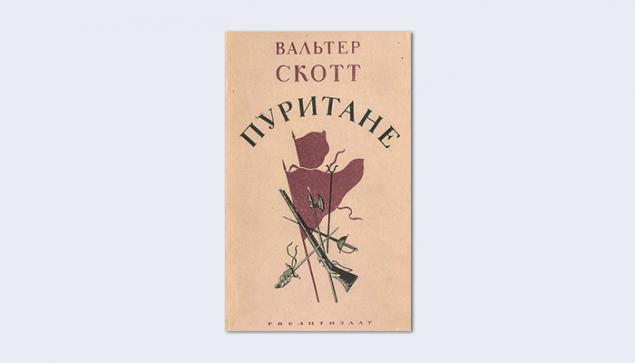
Of course, translation review required the novels of sir Walter Scott in the first place to recreate the historical circumstances in which the characters exist. If, however, the later realists still sought to write an objective portrait of the era and tried to avoid value judgments about his characters and their actions (which is, however, not always work even in Balzac and Dickens — pillars of realism), likes, dislikes and doubts of Scott, in General, lie on the surface — especially when it comes to original works. Translation is also naturally hides shades and in many cases kills the language game. Here to help the reader comes review, which reflects the true value of this or that characteristic, this or the author of heroes or heroes — to each other. In this sense, the review of Hananiah Bobovich to the novel "the Puritans": it is from him we learn that "pock-pudding" is a pejorative nickname given to the Scots by the English, and the desire to put a woman "in a proper chair" alludes to her selfish ambition, as earlier there was a tradition to dip sklochnits in water, after put them to the hanging pole crane the bench.
Prosper Merimee's "Carmen"Autocommentary
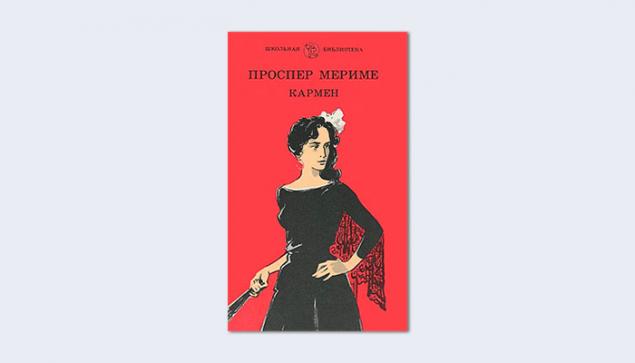
If formally to approach to consideration of the system of images of the novel by prosper Merimee, "Carmen", the image of the author it seems to be there — but there are two narrator: the unfortunate Jose from Navarra, fallen a victim of demonic charm of a beautiful Gypsy, a wandering scholar, ethnographic notes which serve as quick guide to Gypsy customs. In fact, the author of "Carmen" exists — and it is not identical to the narrator-ethnographer, despite the fact that this character is partly autobiographical: mérimée was appointed inspector of historical monuments of France and on duty traveled. However, the voice of the author sounds not replicas Supervisory scientist, and in comments to the novel, where he explains some of the Spanish traditions and tells the legend about the street, Candilejo where Carmen lived. This cunning technique Merimee uses, in particular, in order to show that the narrator — not the ultimate truth, and not all of his research is trust.
"The twelve chairs" and "Golden calf" Ilya Ilf and Yevgeny Shcheglov Yu. Petrocommertz
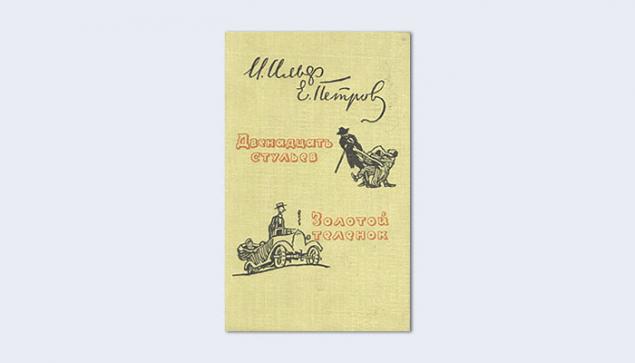
Yury Shcheglov — Russian and Soviet literary critic and linguist, along with Alexander Zolkowski stood at the origins of generative poetics: from other areas of the poetics it differs in that it focuses on studying, understanding and analysis of the principles of birth or other text. Not surprisingly, in comments to the book "Twelve chairs" and "Golden calf" of goldfinches bit by bit restores the sources relied on by Ilf and Petrov, whose novels abound with allusions: here is a reference to Shakespeare, there — Pushkin on the next page — the Dickens. At the same time, the monumental work Shcheglova, written alive, figurative language, is a fascinating, full of unexpected turns of non-fiction. Methodically, one after the other goldfinches reveals the secrets of the biography of Ostap Bender — the main national literary swindler, whose prototype was whether Chichikov, or Christ, or the famous Odessa crook Osip Shor.
Source: theoryandpractice.ru























